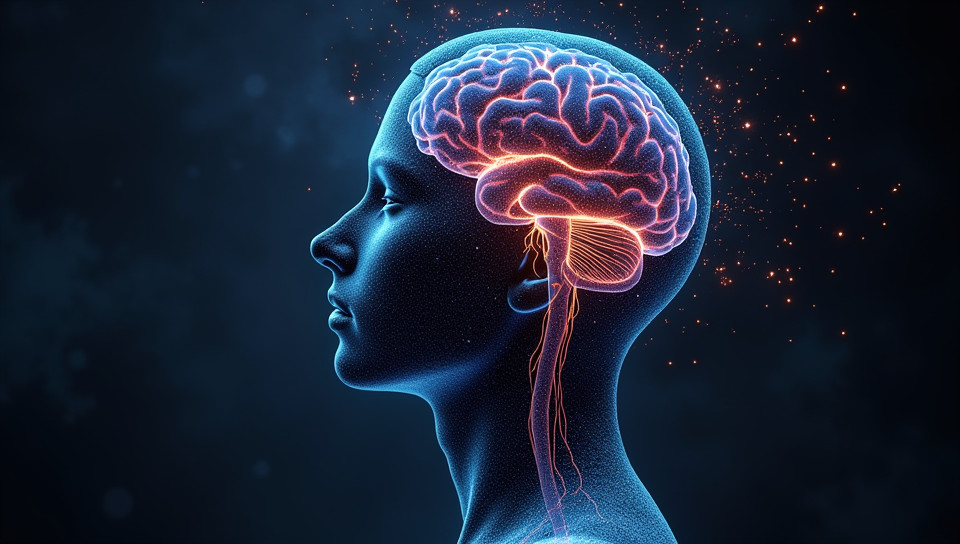Brains adapt to music due to neural plasticity 87%

The Symphony of Change: How Music ReWire Our Brains
Have you ever found yourself humming a tune or tapping your feet to the beat without even realizing it? This phenomenon is not just a quirk of our musical nature, but a testament to the incredible adaptability of our brains. Through neural plasticity, the brain's ability to reorganize and form new connections, music has a profound impact on our cognitive function.
The Power of Neural Plasticity
Neural plasticity is the brain's capacity to change and adapt in response to experience. It allows us to learn new skills, remember new information, and recover from injuries or diseases. Music, with its complex rhythms, melodies, and harmonies, is a potent stimulus for neural plasticity.
The Science Behind Brain-Music Connections
Research has shown that music activates multiple areas of the brain simultaneously, including those responsible for emotion, memory, and motor control. When we listen to music, our brains create new connections between these areas, forming a complex network of neurons that can be reactivated with ease.
-
- Improves memory: Music has been shown to improve memory recall and recognition.
-
- Enhances cognitive function: Studies have found that musicians perform better in tasks that require spatial-temporal skills, such as math and reading.
-
- Boosts creativity: Listening to music has been linked to increased creative thinking and problem-solving abilities.
The Benefits of Music for Brain Health
As we age, our brains undergo natural changes that can affect cognitive function. However, research suggests that engaging in musical activities can help mitigate these effects. Studies have shown that musicians tend to perform better cognitively than non-musicians, even into old age.
Conclusion: Unlocking the Power of Music for Brain Health
The relationship between music and brain health is a powerful one. By harnessing the potential of neural plasticity, we can unlock new abilities, improve cognitive function, and even promote recovery from injury or disease. So next time you find yourself lost in the rhythm of your favorite song, remember that your brain is hard at work, adapting and changing to the beat of music.
- Created by: María Fernanda Fuentes
- Created at: Nov. 15, 2024, 1:10 p.m.
- ID: 15982









